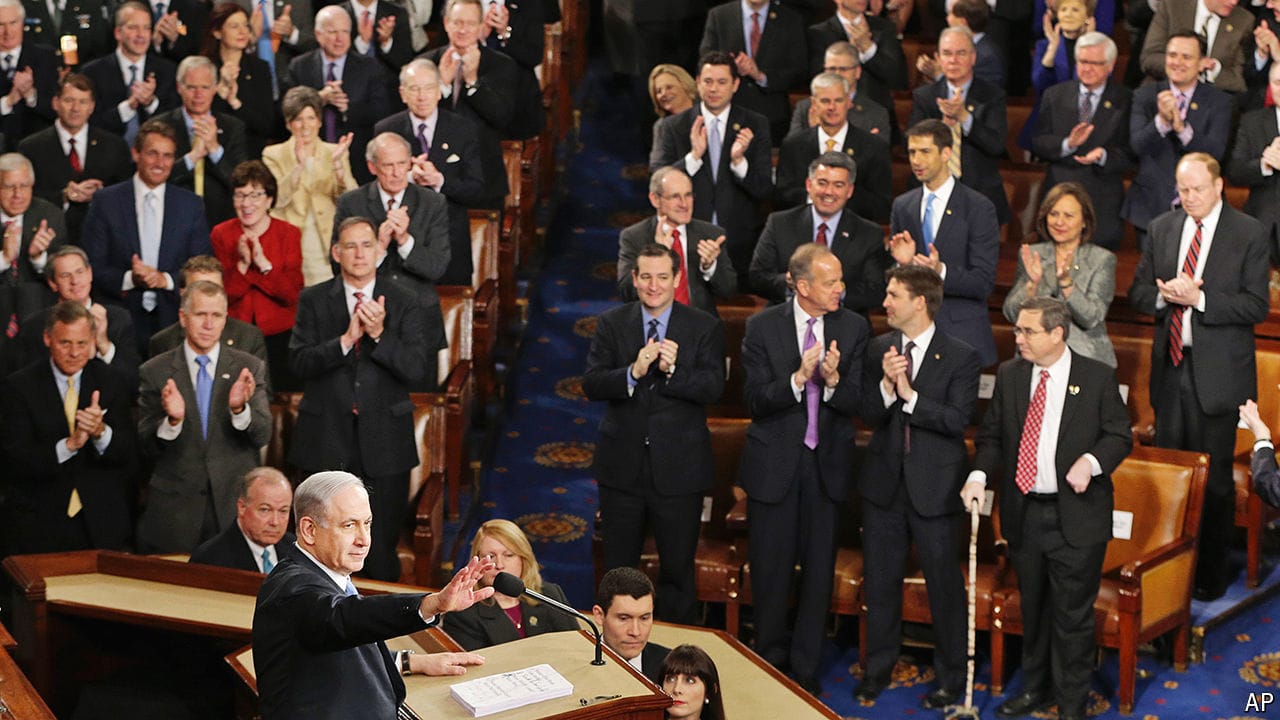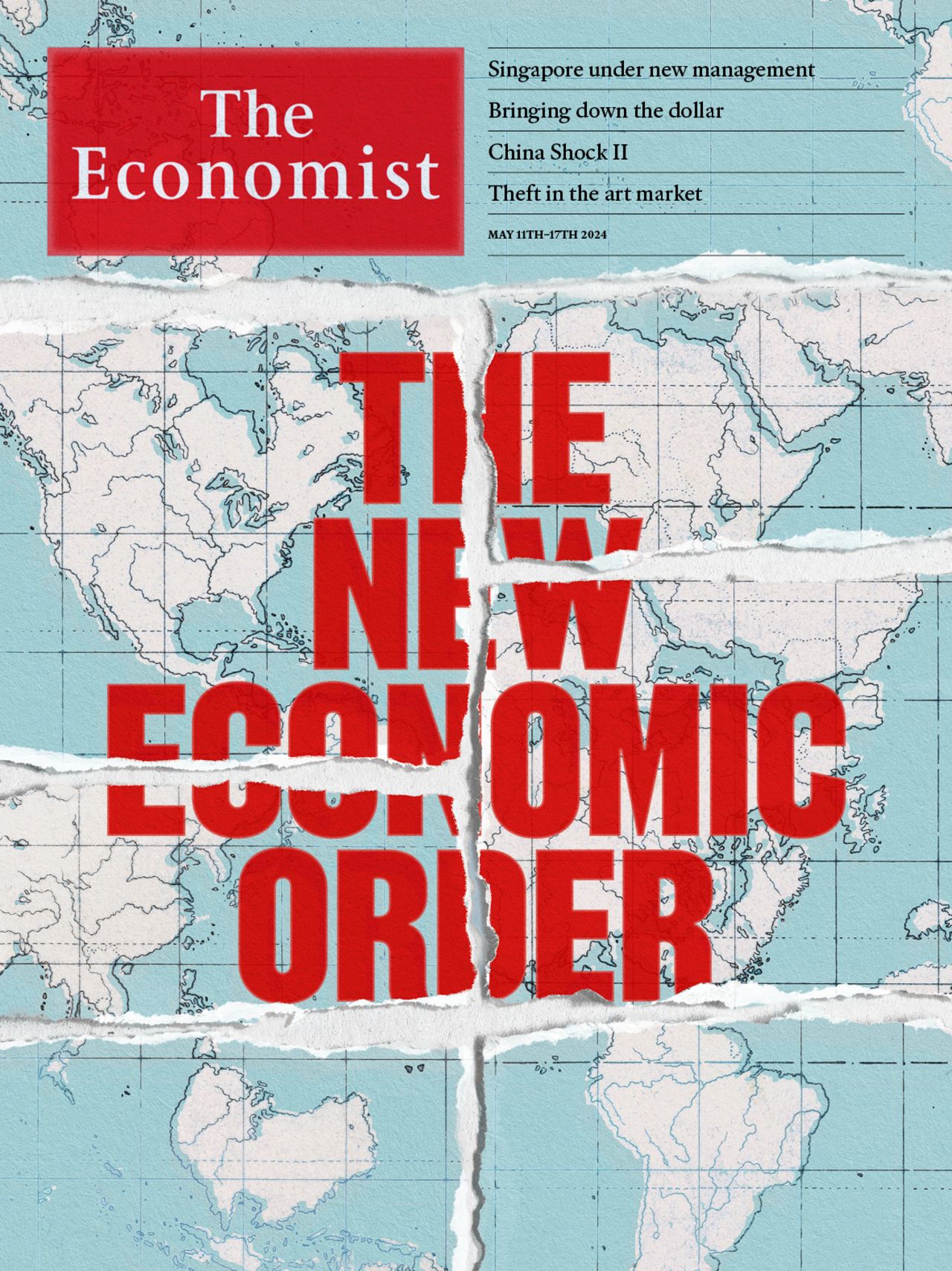The world’s economic order is breaking down
Critics will miss globalisation when it is gone

IN LATE APRIL, for the 75th time in a row, America blocked a mundane motion at the World Trade Organisation to fill vacancies on the panel that is the final arbiter of disputes among the group’s members. The relentless vetoes, obscure as they might sound, have in effect completely defanged the WTO for almost five years. Members that are found to have violated its rules can simply appeal against the decision, to a panel that is not functioning for lack of personnel. While the appeals moulder, the transgressions go unpunished. Two years ago, at one of the WTO’s biennial summits, members resolved to get the dispute-resolution mechanism up and running again by this year. At the latest summit, earlier this year, having failed to do so, they instead decided, without even a hint of irony, to “accelerate discussions”.
This article appeared in the Briefing section of the print edition under the headline “The great regression”
More from Briefing

A shift in the media business is changing what it is to be a sports fan
Team loyalty is being replaced by “fluid fandom”

Will Binyamin Netanyahu’s visit to America repair or weaken ties?
He may damage relations with Israel’s indispensable protector

Optimistic plans for post-war Gaza have little basis in reality
Aid, policing, reconstruction—everything is even harder than it sounds
Small investments in nutrition could make the world brainier
Many pregnant women and babies are malnourished—and not just in poor countries
Introducing “Boom!”
A six-part series about the generation that blew up American politics
One generation has dominated American politics for over 30 years
How have they become so entrenched?
